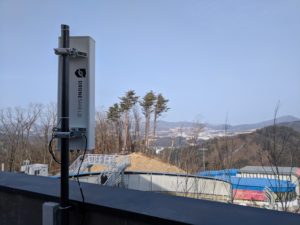
The House on Tuesday approved a measure authorizing a short-term extension of existing counter-drone authorities for the Departments of Homeland Security and Justice. The counter-unmanned aircraft system (C-UAS) authorities remain in effect until Oct. 1, 2024 and were included in a five-year reauthorization bill for the Federal Aviation Administration (FAA) that passed the Senate last week and the House on Tuesday on a 387 to 26 vote. The bill now goes to President Biden for his signature. The Biden administration…

 By
By 











